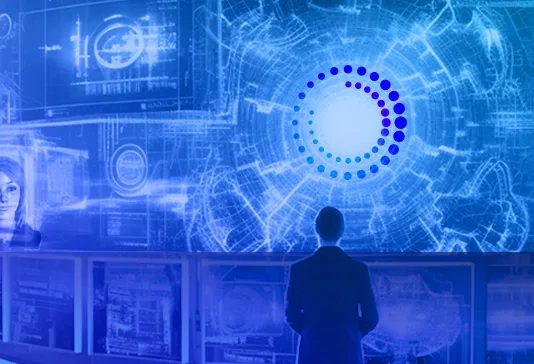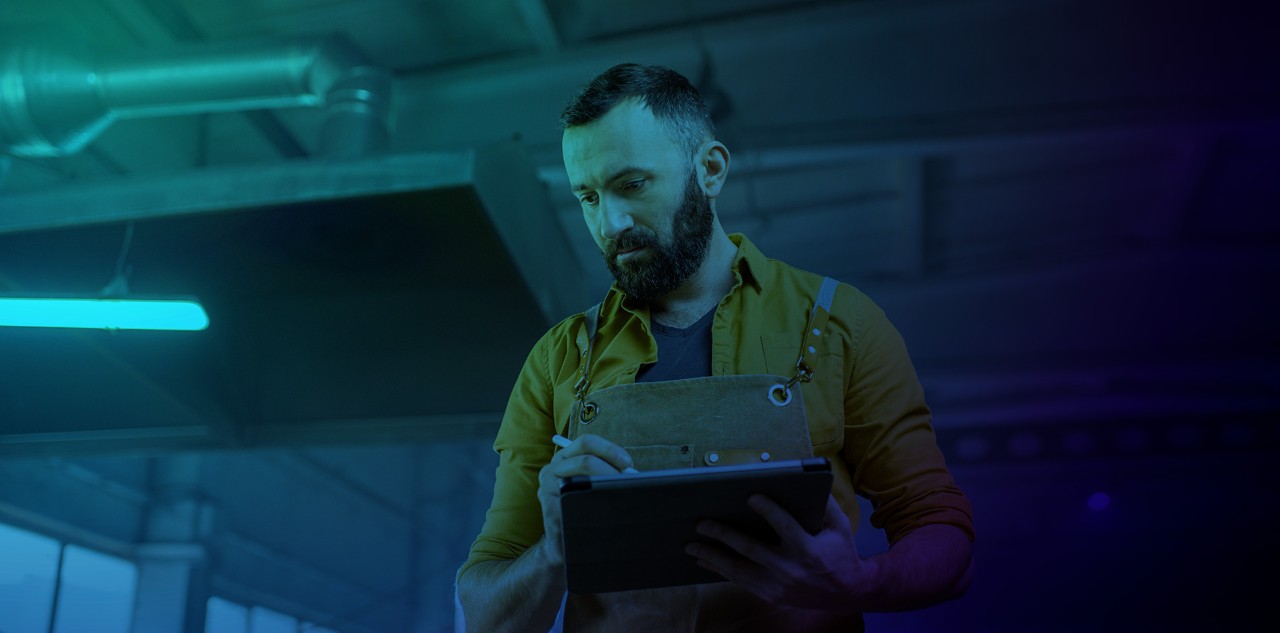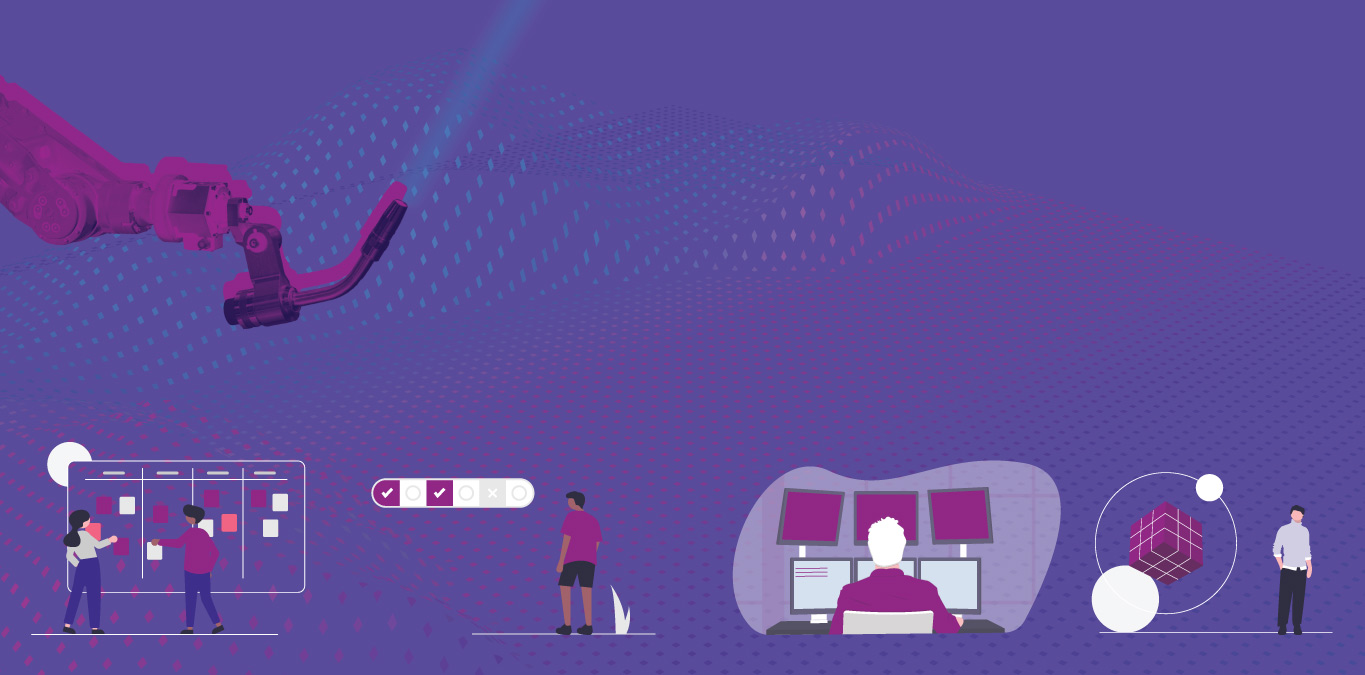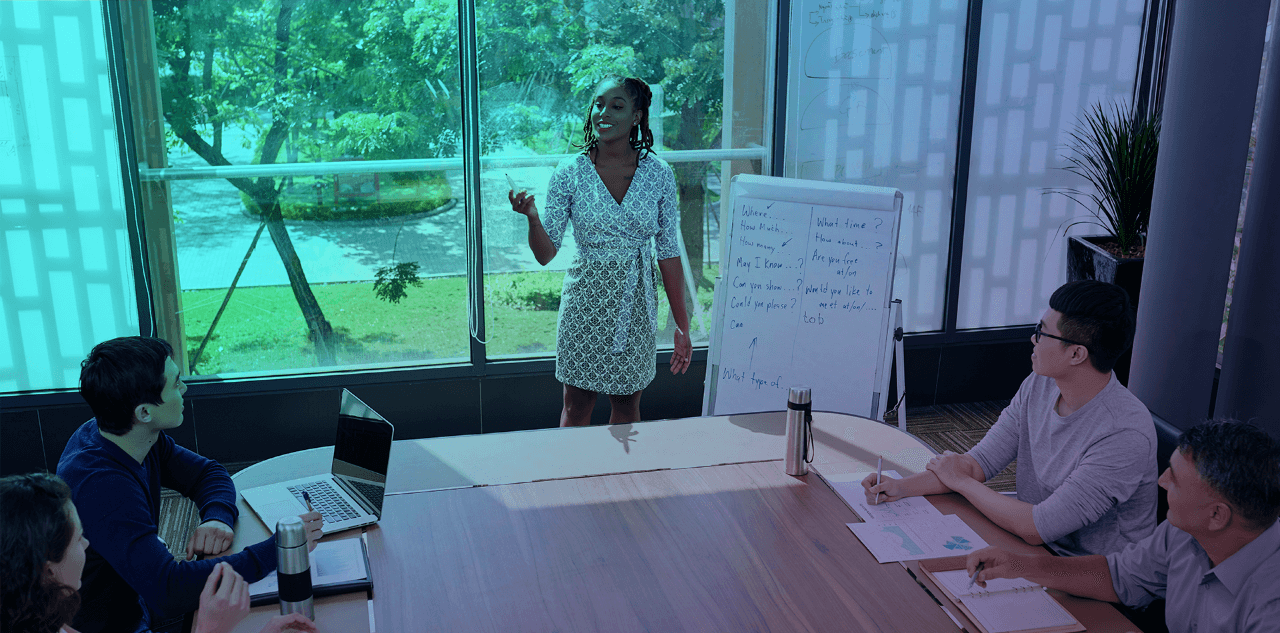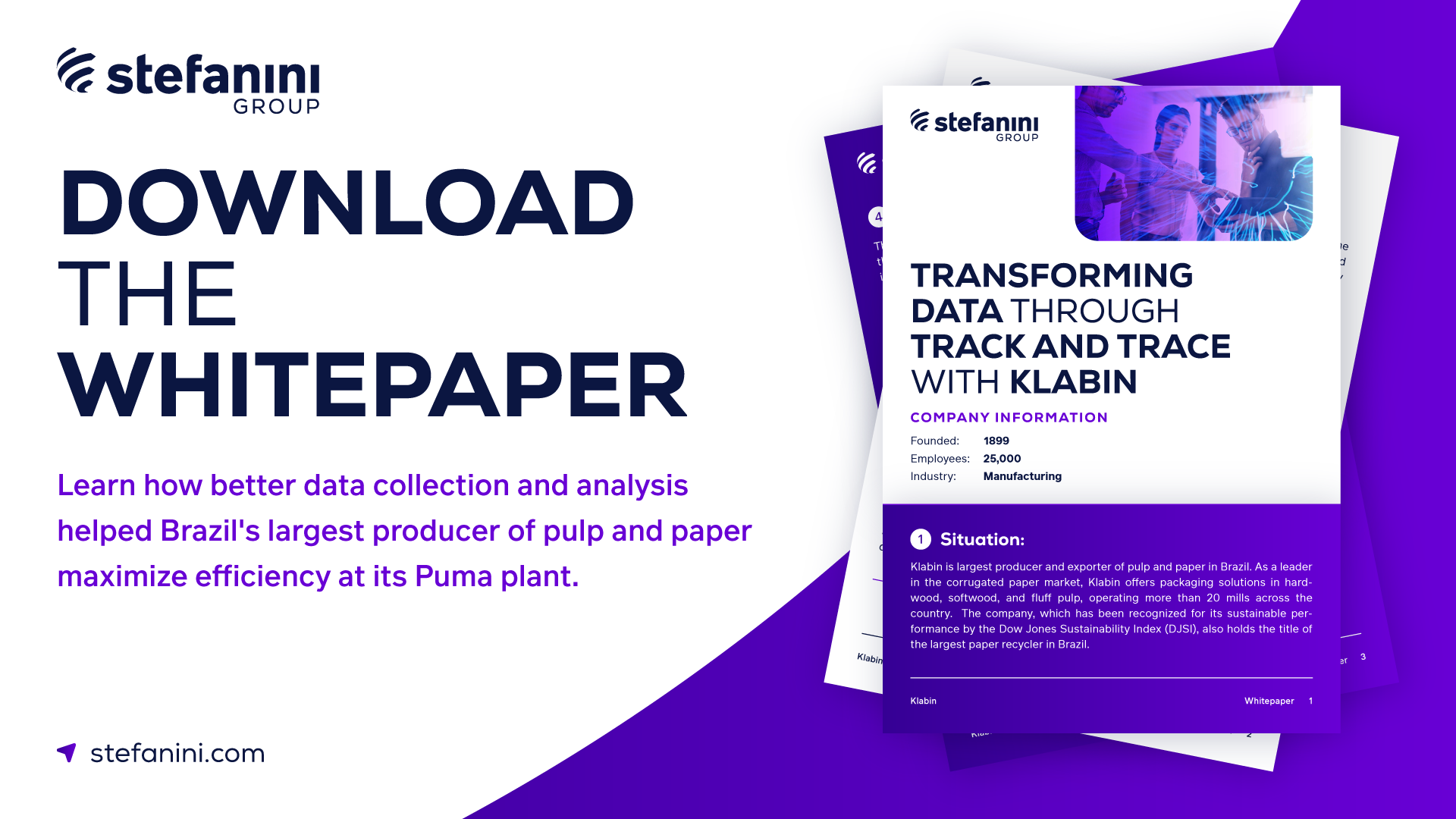Iulia Deaconu joined Stefanini seven years ago, when she was offered a role as a Support Engineer that would also allow her to pursue a Master in Business Administration degree at the same time. Joining without an extensive background in IT, Iulia has since been promoted to Team Leader, in 2017, before being promoted to Service Desk Manager, at the beginning of last year.
We caught up with Iulia to discuss her experience at Stefanini, including the value of teamwork, the importance of having the right attitude and why people should be prepared to give themselves time to develop in a new role.
This is the eleventh interview in our series involving our Digital Workplace Services (DWS) colleagues. DWS spans multiple roles and skillsets, with team members able to meet customers’ changing needs. These range from traditional Service Desk and Field Service to modern infrastructure capabilities, including cloud, virtualization, platforms and applications. This series explores the career journeys, best practices and learnings of DWS colleagues across EMEA and showcases what life at Stefanini involves.
Why did you choose to join Stefanini?
I feel that it’s more the case that Stefanini chose me, back in 2014, and I am really grateful for this. I was just starting to explore taking an MBA when I received a call from Stefanini‘s HR team. I didn’t know at the time that this was just the beginning of an amazing journey within Stefanini. I was excited by the fact that the role would give me the opportunity to remain in touch with the Italian culture, helping Italian users, and to join a company with career opportunities and space to progress into management positions. At the same time, thanks to the flexible work schedule, I was able to also take up my studies at university.
I can remember that the role wasn’t easy when I first started as I didn’t have an extensive IT background, but Stefanini offered me all the resources to learn. This, together with an “I can” attitude, meant I was able to overcome all of the initial challenges.
How have you evolved professionally within the company so far?
I started my journey as a Support Engineer and I’ve followed the normal career path for this role, handling more complex user administration tasks and supporting the project trainer. I remember that in my first performance review with my direct manager, when he asked me about my career aspirations, I placed the Team Leader role at the top of my list of goals. In 2017, I was promoted to a management role, becoming the Team Leader of a great and hardworking team that was working in a challenging environment. This really helped me to evolve and develop skills that I was not aware of, gaining experience and maturity, which played an important part in me starting 2020 with a promotion to a new role within the company, as Service Desk Manager. It was a new year, with new people to work with, new customers and new responsibilities. It was a wonderful year for me – despite all the challenges the whole world faced – and I am still enjoying the ride.
What are the most important things that you have learned here?
I’ve learned that there is no template to be followed when interacting with people and this is a challenge for a leader. In our company, there are many guidelines, processes, procedures, but no one covers the exact ways you should interact, communicate and provide feedback to others, direct reports or not. Instead, you need to be prepared to adapt your mindset, the way you provide feedback, and the way you communicate a message based on who you are speaking with.
I’ve also learned that there are variables outside of your control, which means you will often have to get out of your comfort zone and adapt to the context you face, even if that means doing things you’ve never done before.
Also, the value of communication has been an important learning. In an environment like ours, with cultural diversity, various mindsets and different backgrounds, good communication is vital.
And last, but not least, I’ve learned that without team spirit and unity it’s harder to meet targets and objectives. No matter how good you are, if you do not have the support of the team or a real sense of team spirit, you are far less likely to realize your objectives.
What are some best practices learned and applied in your current role?
There are a lot of best practices we follow at Stefanini in order to be successful in a leadership role. There are also some practices I use day-to-day that I find valuable.
I start my week with a long-term and short-term prioritization of tasks, which I recalibrate daily, given our focus can change based on events that may happen during the week.
I also take a keen interest in what different teams are doing, how I can help them and how they are feeling. For this reason, I’m investing time in communicating, bonding and providing effective feedback to the teams.
I’m transparent, respectful and empathetic, while always acting on my own rule: treat others as you’d want to be treated yourself.
What do you like most about working at Stefanini?
I’d have to say the people I work with and the way everyone is so willing to support each other. I don’t just have colleagues here, but friends as well.
I also really appreciate the opportunities I have to share my input on things we could improve. I never need to feel nervous about sharing my point of view, regardless of my job role, or the role of the colleague I’m speaking too.
Also, I think the way Stefanini develops talent internally is great, providing colleagues with limited IT experience the opportunity to develop a successful career in this sector.
What advice would you give to a new Stefanini employee?
The advice that I’m sharing with all the new hires in my teams – and based on my own experience when I first started – is that good things take time. People should give themselves time, before giving up or saying “I can’t do this”. Your attitude is what’s most important during your first weeks in a new role. If you have a positive attitude, and a tendency to say “I can” and “I want”, everything else will eventually fall into place. Knowledge is something that can be acquired and Stefanini offers all the resources necessary to new hires in this regard.
What advice would you give to other Stefanini colleagues when it comes to building a success story here?
From my perspective, you have every chance of building a success story here if you enjoy what you do.
Besides doing what makes you happy, I think that it is important to embrace new tasks with a positive attitude. Be prepared to get outside of your comfort zone and get involved in projects or tasks that are not always part of your responsibilities. This will help you acquire new knowledge and skills and boost your self-development. Finding a good work-life balance is also important: it’s crucial to feel and be healthy, which is important on a personal level, as well as improving your work performance. Finally, accept that things will go wrong sometimes, but be prepared to takes the positives from a negative situation.
Want to be our next success story? At Stefanini, we’re always interested in hearing from talented candidates across all levels of experience. You can browse our current EMEA vacancies, here.







